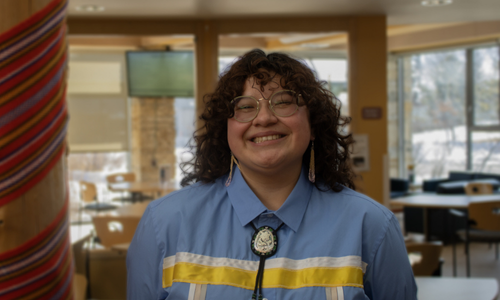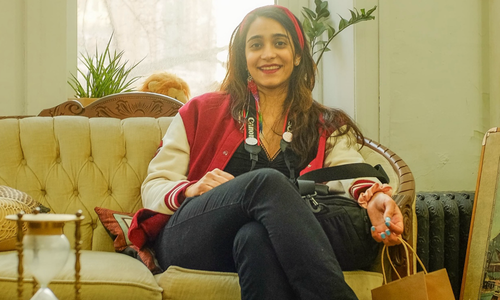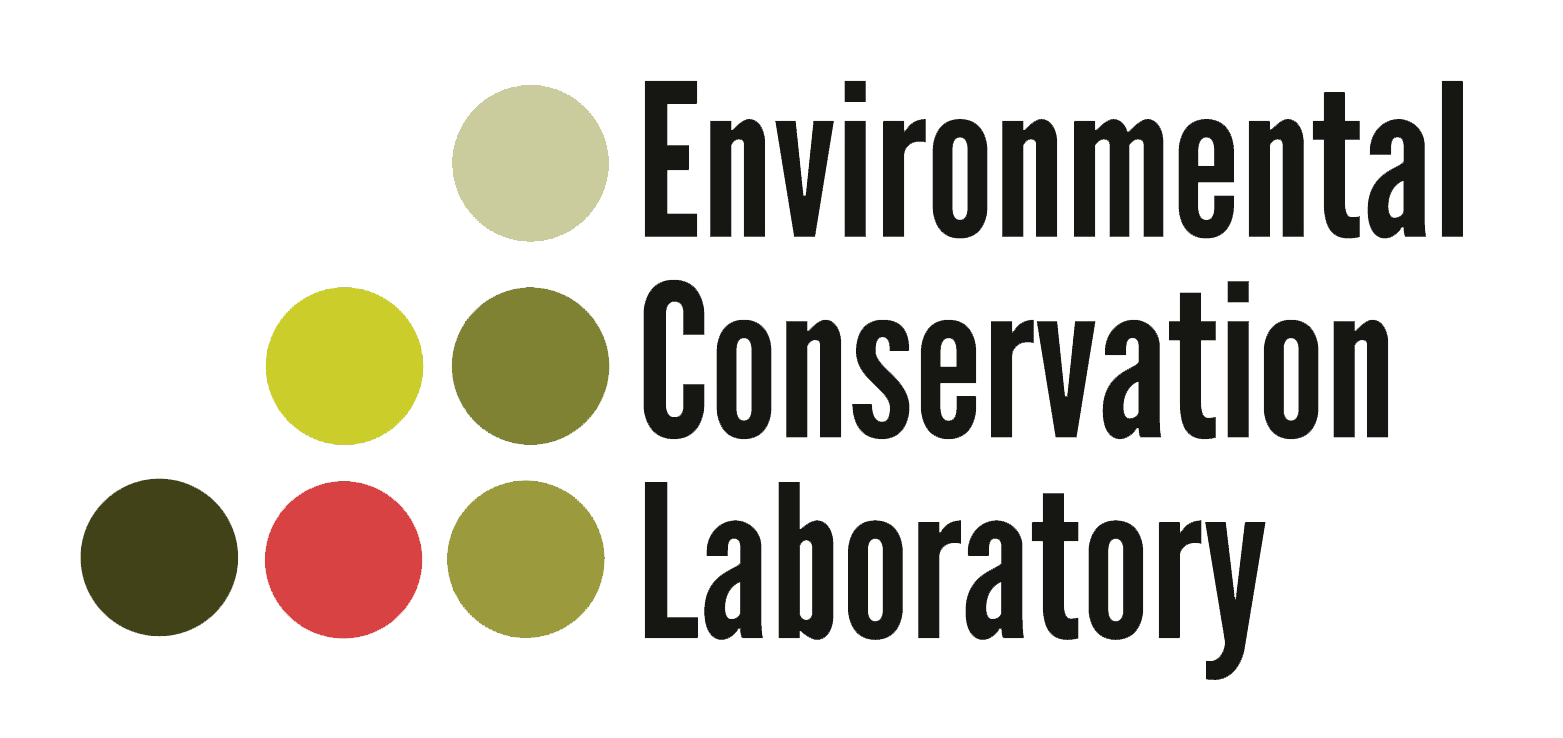Team Profiles
AJ Spence, Land-Based Coordinator

AJ Spence is a Two-Spirit individual from Nisichawaysihk Cree Nation with paternal ties to Fox Lake Cree Nation, both located in Treaty 5. They currently reside in a rural town on Treaty 1. She recently graduated from the University of Manitoba with a Bachelor of Arts in Indigenous Studies and a minor in Psychology. Throughout their undergrad, he served two consecutive terms as an executive councillor for the UM Indigenous Students’ Association (UMISA). They are now the Land-Based Coordinator for the Environmental Conservation Laboratory at the UofM where they will continue to grow their knowledge and love for the land, air, and water while sharing it with others, especially youth.
Outside of work, AJ enjoys various activities including fishing, nature walks, reading, and spending time with their family.
Learn more about AJ
One of AJ’s overall life goals is to promote the importance of centering Indigenous youth voices, especially those who are Two-Spirit, queer, and trans so that these underrepresented, valuable perspectives are the ones shaping changes in their communities, Turtle Island, and across the world.
Cassie Stoess, Research Assistant
Cassie Stoess, a recent graduate of the University of Manitoba, earned her Bachelor’s degree in Environmental Studies, with a focus on sustainable development and a minor in Geography. She’s passionate about topics such as ecosystem management, water systems, climate change, and environmental education. In her free time Cassie enjoys hiking, fishing, gardening, and baking.
As a research assistant at ECL, Cassie is actively involved in vital projects concerning Lake Winnipeg Regulation and water quality monitoring. She is dedicated to advancing environmental solutions through collaborative, community-based research
Kelly Janz, Research Associate

Kelly is a Research Associate at the University of Manitoba, and coordinator of the Environmental Conservation Lab. Her work involves communications, outreach, finance, research, grant writing, event planning, mentorship, and evaluation. For the past nine years she has coordinated the Wa Ni Ska Tan Alliance of Hydro-Impacted Communities, working with Indigenous partners, NGOs, and researchers to document the impacts of hydropower on the environment and communities.
Kelly has a MSc in Planning from the University of Guelph and a MA in International Development Studies from the University of Winnipeg. She has a long history working towards food security, food sovereignty and community development and just completed three full terms on the board of the Winnipeg Food Council. In her spare time Kelly loves to cook, bake, read, and spin, though lately these all have taken a backseat as she tries to keep up with her toddler.
Michael Tyas, Senior Videographer

Michael is a senior videographer and jack-of-all-trades at the Environmental Conservation Lab. He co-directed and filmed the feature-length documentary One River, Many Relations (2014) about Fort Chipewyan, a community downstream from the Alberta oil sands and the B.C. Bennet Dam. The film explores entirely from a grassroots community perspective the impacts of industry and energy production on their territory. – Fun Fact: Michael learned video production skills in Cape Town, South Africa.
Parinaz Joneidi Shariat Zadeh, Research Technician

Parinaz completed her graduate studies in Natural Resources Management at the University of Manitoba, where she explored the intersections of community, nature, art, and the social sciences. Her research interests focus on the links between environmental governance, community resilience, and the role of cultural expression in shaping human–environment relationships.
As an Iranian immigrant, she frames her arrival on Treaty One Territory as a form of re-rooting, which has guided her efforts to establish reciprocal relationships with both ecological systems and local communities. In her studies, she employs participatory and community-based approaches, integrating Story Maps and digital storytelling to make research findings accessible and inclusive. She is particularly interested in how narratives and visual media can document lived experiences and illustrate the social impacts of development.
Patricia Karacsony, Engagement Coordinator

Patricia is a key player in communications and stakeholder engagement at the Environmental Conservation Lab. Her primary role centers on the Our Data Indigenous initiative, where she is dedicated to enhancing the global presence of the digital tool and expanding its user base.
Patricia is also pursuing a Master’s degree in Business and the Environment at the University of Waterloo. Her graduate studies focus on Environmental, Social, and Governance (ESG) planning, equipping her with the knowledge and skills to integrate sustainable practices into business strategies. Through her academic and professional efforts, Patricia aims to drive meaningful change and promote sustainable development within both the academic and non-profit sectors. Outside of work, Patricia enjoys various physical activities, including biking, running, walking, yoga, and jujitsu.
Stéphane (Steph) McLachlan, Professor & Research Director

Dr. McLachlan is a full professor and research director of the Environmental Conservation Lab at the University of Manitoba. He joined the Department of Environment and Geography in 2003, and has been working at the University of Manitoba since 1999. Before that he completed a PhD at York University and did a post-doctoral fellowship at the University of Northern British Columbia.
Dr. McLachlan’s overall goal as an academic is to engage in research that at once makes contributions to the academic literature and benefits the livelihoods and environments of Indigenous and rural communities and other stakeholders; to be an engaging, progressive, and responsible teacher; and to be of meaningful service to the university and society as a whole.
Learn more about Steph
Currently his research interests include: risk and adaptation, alternative food systems, food justice, environmental justice, environmental health, energy justice, participatory video, participatory research, conservation and restoration, and traditional knowledge.
Academic Background
PDF, University of Victoria / UNBC (1998) – Environmental wellbeing
PhD, York University (1997) – Biology (restoration ecology)
MSc, University of Guelph (1993) – Agriculture (agroecology, crop-weed competition)
B.Sc.,(hon) McMaster University (1990) – Biology (wildlife, environmental newspaper)
Contact: steph.mclachlan@umanitoba.ca
Yiseul Kang, Communications Coordinator
Yiseul Kang is an international student from South Korea, studying Human Geography with a minor in Women and Gender Studies at the University of Manitoba. She was born on Jeju Island, where she learned about the painful history of the Jeju 4.3 Massacre. This history sparked her interest in social issues and peacebuilding. Over the years, Yiseul has worked on various movements, including feminist, labor rights, animal rights, and environmental causes, focusing on giving a voice to marginalized groups.
After moving to Turtle Island, Yiseul has been learning about the ongoing histories of violence faced by Indigenous peoples. This has influenced her studies, and she now researches the experiences of marginalized communities. For her Honours Thesis, she is analyzing recreational maps in Manitoba to demonstrate their contributions to decolonization through responsible and ethical dialogues. Her work emphasizes Indigenous philosophies and ethical cartographic practices.
Learn more about Yiseul
In addition to her academic work, Yiseul is a member of the Communication team at the Environmental Conservation Lab, she advocates for environmental justice by raising awareness of environmental issues and promoting sustainable, equitable solutions through communication strategies.As someone who occupies a relatively privileged position within a research institution, she recognizes the responsibility that comes with this privilege. She is aware of my position as an outsider on Turtle Island, and she approaches her work with humility and a commitment to ethical practices.
